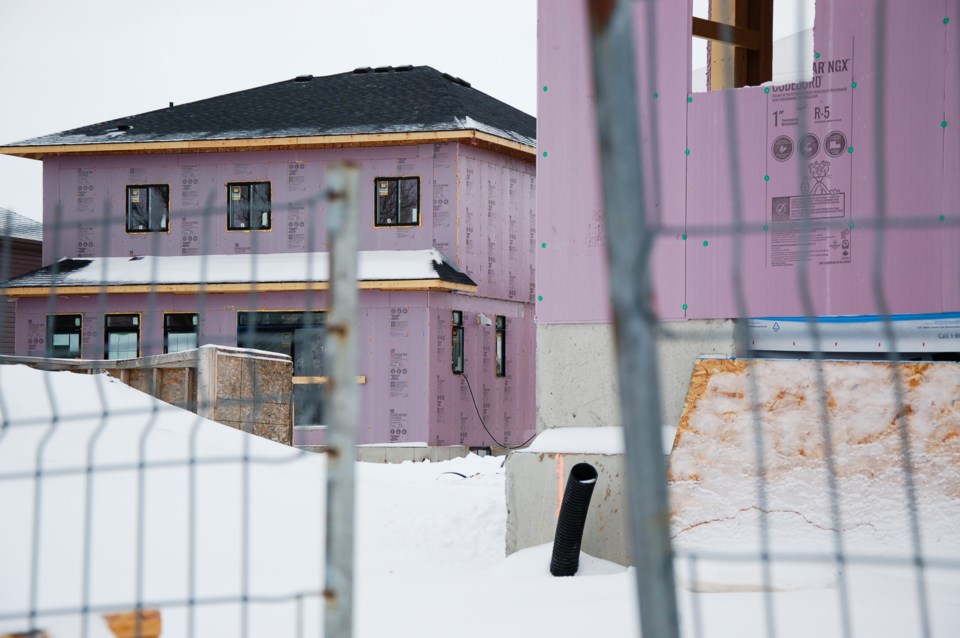The provincial government must play an active role in addressing the housing affordability crisis, not just municipalities, says Guelph MPP and Green Party leader Mike Shreiner.
He’s pleased city council has joined his calls for the province to look inward and make changes to ministries, agencies and more instead of putting the onus of growth on municipalities while decreasing infrastructure funding.
“I think Guleph City Council is right to put pressure on the (Doug) Ford government to deliver on some things that are creating barriers to building more housing, both market and non-market barriers,” he said when asked for his thoughts on the housing pledge city council unanimously approved earlier this week.
“I think it sends an important message to the provincial government on some actions that the province needs to take to address the housing affordability crisis.”
On Tuesday evening, city council pledged its support for the creation of 18,000 new housing units locally by 2031. That’s the allocation given to Guelph as the provincial government hopes to see 1.5 million new homes to be built in order to increase supply.
In approving its pledge, city council also called on the province to hold itself accountable for making changes aimed at streamlining the planning approval and appeals processes, and to fund growth-related municipal infrastructure in light of reduced development charges and parkland fees.
“You’re hearing the same thing … from municipalities across the province – that many of the provisions in Bill 23 in particular are likely going to slow housing construction down rather than speed it up,” said Schreiner. “A lot of that has to do with the fact that municipalities simply aren’t going to have the resources they need to service growth.”
During city budget confirmation discussions earlier this year, city staff pegged the loss of development charges and parkland dedication fees stemming from the implementation of Bill 23, the More Homes Built Faster Act, at more than $1 million annually.
Though elected provincial government officials have made reference to ensuring municipalities are made financially “whole,” staff told council on Tuesday it’s “unclear” how that’s going to happen.
The council-approved motion further asks the province to increase funding for schools, hospitals, daycare centres, long-term care facilities, social services, public health and more in order to support the anticipated population growth.
Will that happen?
“We’ll see,” said Schreiner. “Many of those things that the council has asked for, I’ve been advocating for at the provincial level already.
“If the province is going to take away the ability of municipalities to raise those funds through development charges, then the province really has to step in and replace those funds if we’re going to be able to put the kind of servicing in place that we need in order to build the homes that people in Guelph desperately need.”
